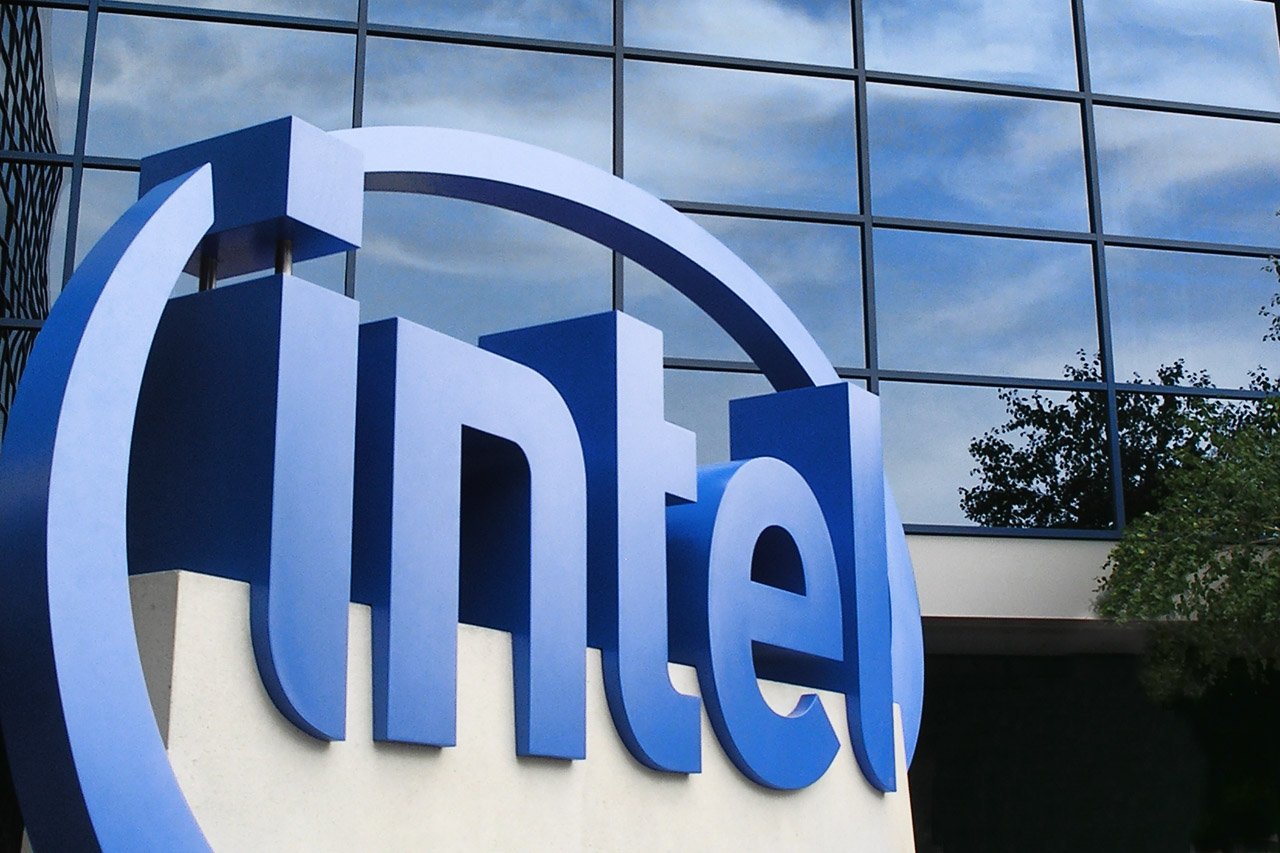Intel exec hints that it could re-enter the mobile processor business again

All the latest news, reviews, and guides for Windows and Xbox diehards.
You are now subscribed
Your newsletter sign-up was successful
Venkata Renduchintala, the current president of the Client and Internet of Things (IoT) Businesses and Systems Architecture Group at Intel, hinted in a new interview that the company could re-enter the mobile processor business once again.
In April, Intel confirmed it was cancelling its previous plans to release its SoFIA and Broxton chips SoC processors that were being developed primarily for smartphones. This seemed to signal Intel's decision to move away from the smartphone chip market. However, in a new interview with PCWorld, Renduchintala, who joined Intel in late 2015 after working at rival Qualcomm, seemed to hint strongly that Intel might have future plans for the mobile chip market. When asked what Intel's reasons were in cutting mobile processor development to focus on modems, he stated:
First of all, we rationalized what we were spending our R&D on. We had a couple of mobile SoC products that I don't think were worthy to continue to conclusion. That doesn't mean to say we're no longer doing mobile platforms. On the mobile platform side, my commitment is to talk less and do more. When we have something to say we'll talk about it.
Keep in mind that Renduchintala's statements are still very vague, but they do raise the hope that Intel could announce new smartphone processor chips sometime in the future.
The same interview has Renduchintala discussing other Intel topics, including its virtual reality hardware development with the Project Alloy headset design and what it might mean for the PC industry as a whole:
I think it's another very interesting growth opportunity for the PC. I think it can generate a specific class of products in its own right. It will generate different segmentation points and probably a custom piece of silicon built on the PC platform that amplify the use case. So we're very excited about the whole VR space.
All the latest news, reviews, and guides for Windows and Xbox diehards.

John Callaham was a former contributor for Windows Central, covering Windows Phone, Surface, gaming, and more.
